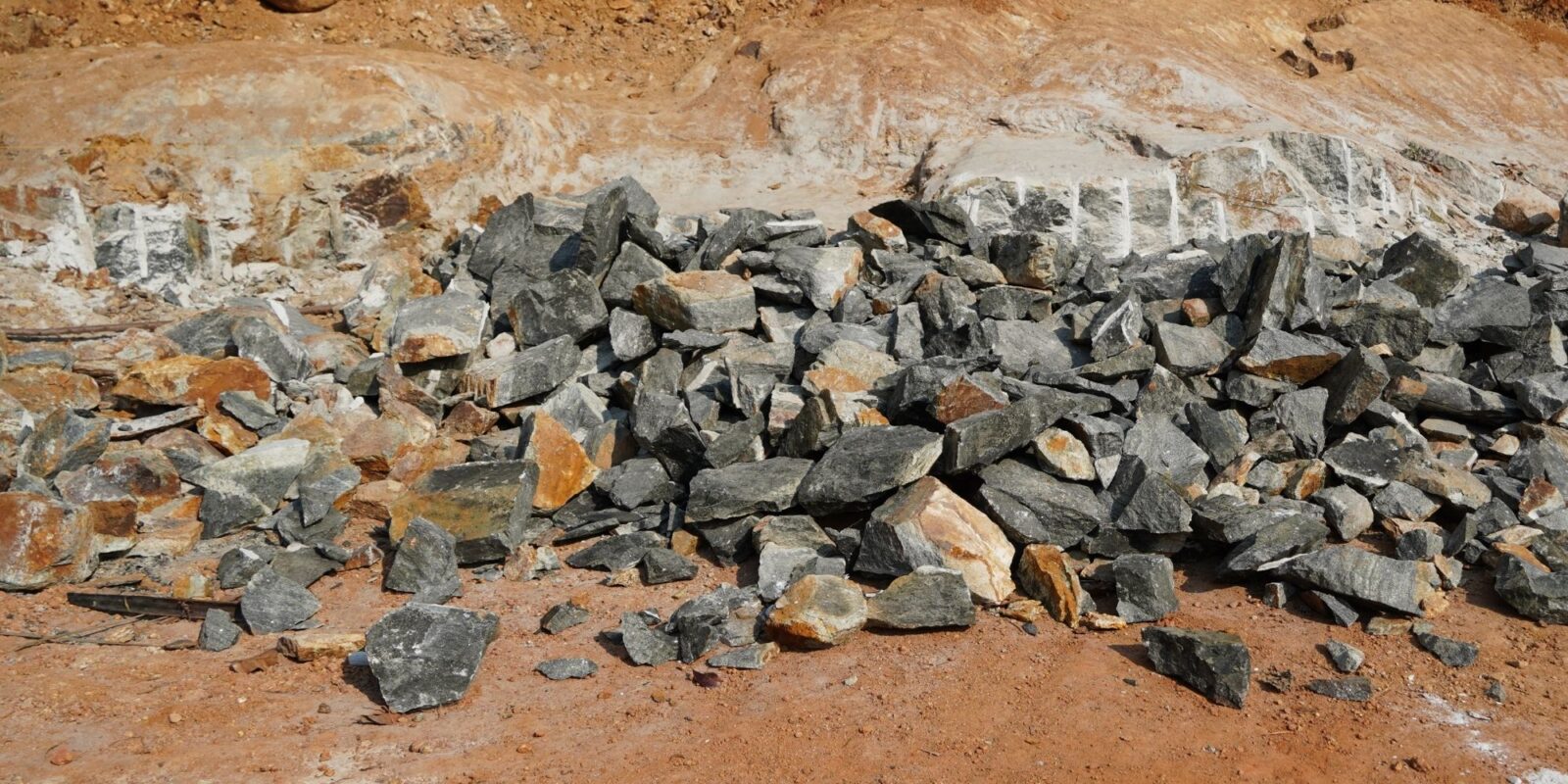SIMPLIFIED: The new Base Minerals Export Control Act

Zimbabwe yesterday issued a new order under the Base Minerals Export Control Act [Chapter 21:05] requiring the processing of specific lithium-bearing ores prior to export.
This order was issued through the Minister of Mines and Mining Development Hon Winston Chitando.
The new Base Minerals Export Control (Unbeneficiated Base Mineral Ores) (Amendment) Order, 2023 (No. 1), states that unprocessed lithium or any other base mineral ore must go through a beneficiating process to remove impurities and increase the concentration of the valuable minerals.
The new order defines un-beneficiated lithium as any lithium that has not undergone processing, whereas beneficiated lithium includes spodumene, petalite, and lepidolite ores that have undergone concentration to produce a 3% or more lithia content (in spodumene) or 2.5% or more lithia content (in petalite and lepidolite). The new order also requires any permit for the export of beneficiated lithium must comply with conditions preordained in the schedule, including selling prices set for the specific period by the Minerals Marketing Corporation of Zimbabwe (MMCZ).
The new rules also state that permits for the export of un-beneficiated lithium will not be granted unless the exporter operates an Approved Processing Plant (APP) or has obtained a permit to operate an APP that will be completed and fully operational within two years of the export permit’s issuance. The permit must also be granted with the prior concurrence of President Emmerson Mnangagwa.
The amended order also establishes prohibitions and conditions around the mining, storage, transportation, sale, and processing of lithium-bearing ores. For example, any individual or entity mining lithium-bearing ores must either process the ores at an APP they own or control or sell the ores to someone who owns an APP. The order also sets guidelines for the issuing of Lithium Ore Purchase Licenses (LOPLs) and Lithium Movement Permits.
Questions that have arisen from the new Act
- Lithia content – What is it really?
- Approved Processing Plants (APP) what are the full requirements for setting up the plant?
- Lithium ore purchase license (LOPLs) – who issues it and is it in existence yet?
Zimbabwe has been seeking to reap more of the benefits from the country’s mineral resources while curbing the export of raw materials. The new order aims to encourage the local processing of minerals to increase their value before export.
The country is home to significant lithium deposits, with one of the world’s largest lithium mines, Bikita Minerals, located in Bikita near Masvingo.
Verified areas of lithium deposits in Zimbabwe include Goromonzi, Mudzi, Buhera, Bikita, Chegutu, Hwange, Harare, Insiza, Rushinga, Mutoko, Shamva, Mutare, Hwange, Magnetite, Gwanda, Nyanga, Kadoma, Kamativi and more discoveries are still popping up.
The domestic demand for lithium has been rising, fueled by the rise in electric vehicle production worldwide. Therefore, Zimbabwe aims to leverage its lithium resources to develop the domestic battery production industry.


